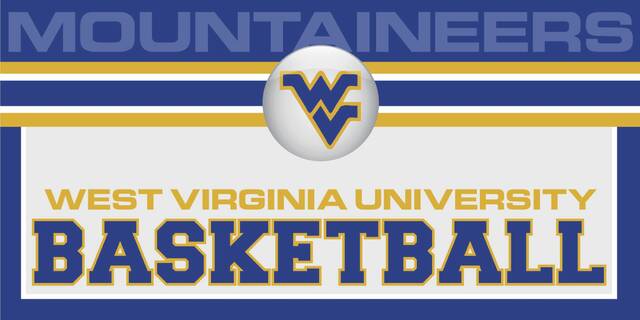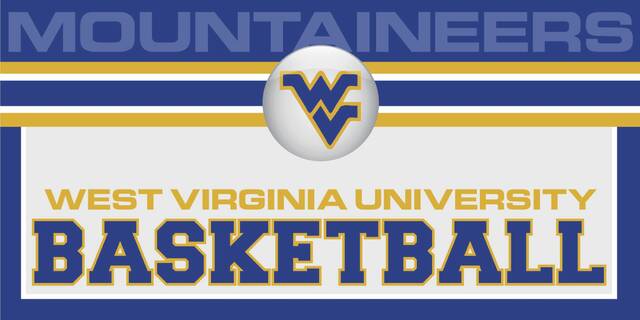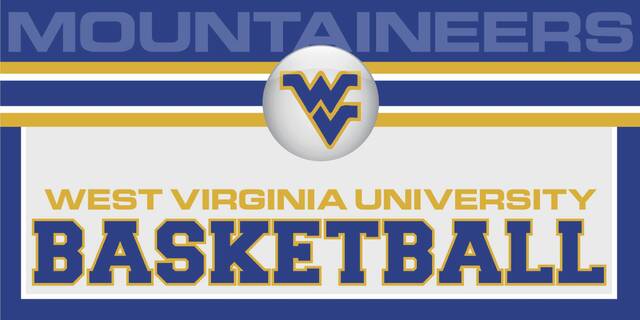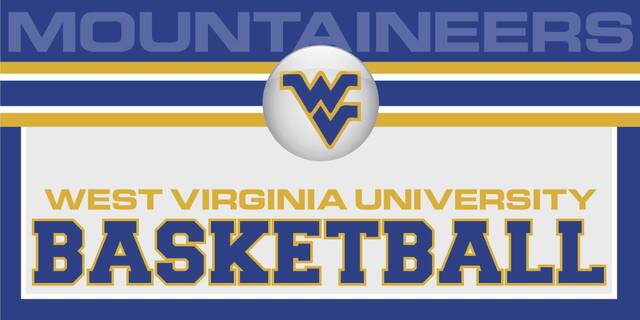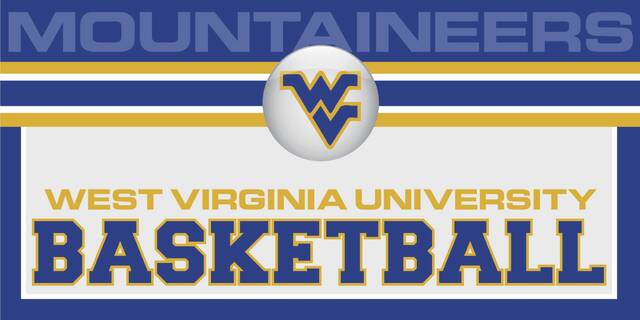MORGANTOWN, W. Va. — No one needs to tell Ron Everhart what it’s like to endure — and conquer — stressful, uncertain situations.
Right now, Everhart has a job as an assistant basketball coach at West Virginia, the same one he has held for the past 11 seasons under Hall of Fame coach Bob Huggins.
But Huggins is gone after a DUI arrest in Pittsburgh earlier this month and his subsequent resignation. New coach Josh Eilert, hired three days ago (and only on a 10-month contract), has yet to announce who will remain from Huggins’ staff.
It reminds Everhart of a trying time in his 36-year coaching career in 2006 when he was head coach at Duquesne and five of his players were shot and wounded two months before the start of the season. He had been on the job three months.
“It was a very helpless feeling,” he said.
Everhart was not comparing the specific circumstances of the two events, but he told the Tribune-Review on Monday that, “It certainly has been difficult here for a lot of people.”
“On one hand, you just felt so bad for coach Huggins. And on the other hand, you knew things had changed forever here. The school was going to move in a different direction. When there’s a coaching change, there’s a lot of uncertainty, and there’s a lot of trial periods.”
Everhart, 61, said he hopes to remain at West Virginia under Eilert, 42.
“I have full faith and trust in him, and I hope he has that in me,” Everhart said, “because I would love to be able to stick around and help him.”
Said Eilert at his news conference Monday: “We’re going to take a look at everybody in the program and their role and figure out how we can do things better, how we can do things more efficiently. There are no promises. We have really good people in place, and as much as possible, I’d like to retain them.”
Everhart, who also has been a head coach at McNeese State and Northeastern, joins Keith Dambrot as the only Duquesne coaches in the past 41 years with winning overall records. But he doesn’t believe he was considered for the WVU head coaching job.
“I think a lot of people felt that way because of my age and my experience,” he said. “Right now, with where we are, probably the best situation here was a young, energetic guy who’s going to be able to get out and get after it on the recruiting trail and hunker down with these kids.
“Josh is one of those guys who relates so well with the players. I think they have a very big attachment to him.
“I think Josh is a world-class human being. I think he is a really bright, young guy, and I think, although people say that he hasn’t coached before, he’s going to be a very successful coach.
“He thinks the game on a different level. He understands mismatches. He understands defensive schemes certainly because of his study of the game and doing film for a while (at WVU). But also due to the fact coach Huggins was a real defensive-minded guy, and he’s been around coach Hugs so long.”
No matter what happens, Everhart considers himself “the luckiest guy in the world.”
“I got a chance to come back to the town next to the town where I grew up in West Virginia (Fairmont),” he said. “I could raise my children here. They were educated here at West Virginia. My son was educated at medical school at West Virginia. It feels a lot like family. I know I’m at home every day I walk in here.”
Meanwhile, Everhart and his colleagues on the coaching staff are working to keep the roster intact. Players have a 30-day window to enter the NCAA transfer portal, and at least three of them already have done so.
“Anytime you have that degree of uncertainty — as a player, as a coach, as anything in life — I think it creates a lot of anxiety,” Everhart said. “It creates a lot of banter back and forth, some of which is irrelevant, some of which is probably pretty serious.
“You’d like to think that everybody doesn’t get too high when things are great and doesn’t get too low when things are bad. But the truth of the matter is everybody has their own thermometer when it comes to those things.”
Everhart said he’s not sure how the roster will look after the 30 days.
“Like most programs, everybody thinks the grass is greener. I’d like to hope that sometimes these kids have enough patience and loyalty and wherewithal to stick with the one that brought them.
“Sometimes, that works that way. Sometimes, it doesn’t. We’re in a kind of world of flux here in college athletics, especially in men’s basketball, where not a lot of these guys look at that as a thing of value anymore.
“Scholarships sort of have become irrelevant, and now the (name, image and likeness) deal is kind of taken its place.
“There are a lot of different factors involved. I think in some ways it’s really fortunate for certain kids, and in some ways it’s very unfortunate the way this has been kind of shoved down college basketball’s throat. I don’t know that NIL the way it exists today was ever intended to be that way, but that’s exactly what it’s forced into with the way the transfer portal works.”
Everhart said NIL is one of the top three components in recruits’ decision-making process (along with relationships and playing time opportunities). That said, he believes Eilert is equipped to adjust to the new world.
Everhart said he hasn’t spoken with Huggins since the change in leadership, but he plans to do so. He also would like to see his former boss honored for posterity.
“I’ve thought for years that the court over at the (WVU) Coliseum should have been named after him,” he said. “I continue to think that every day I walk into the Coliseum. He deserves that.”



